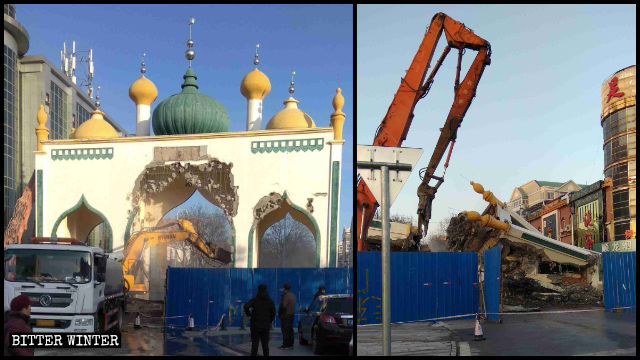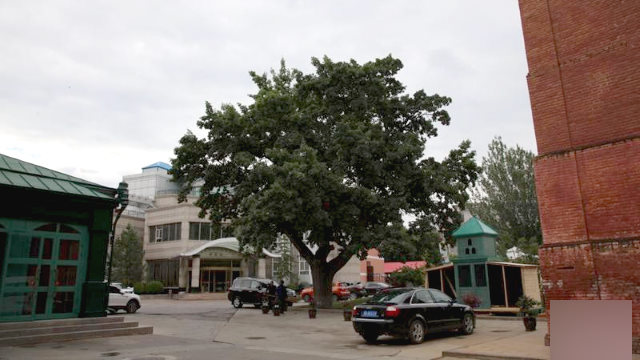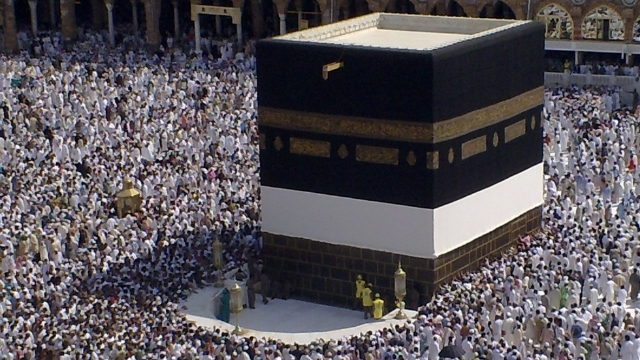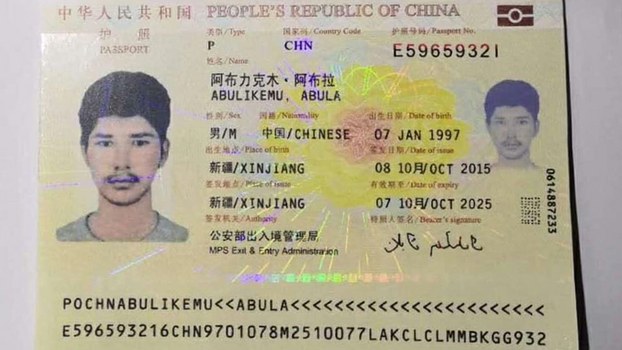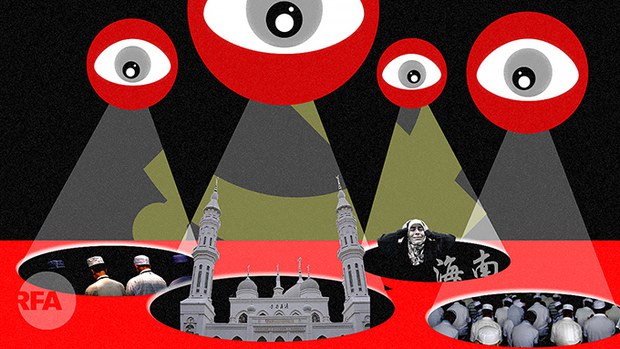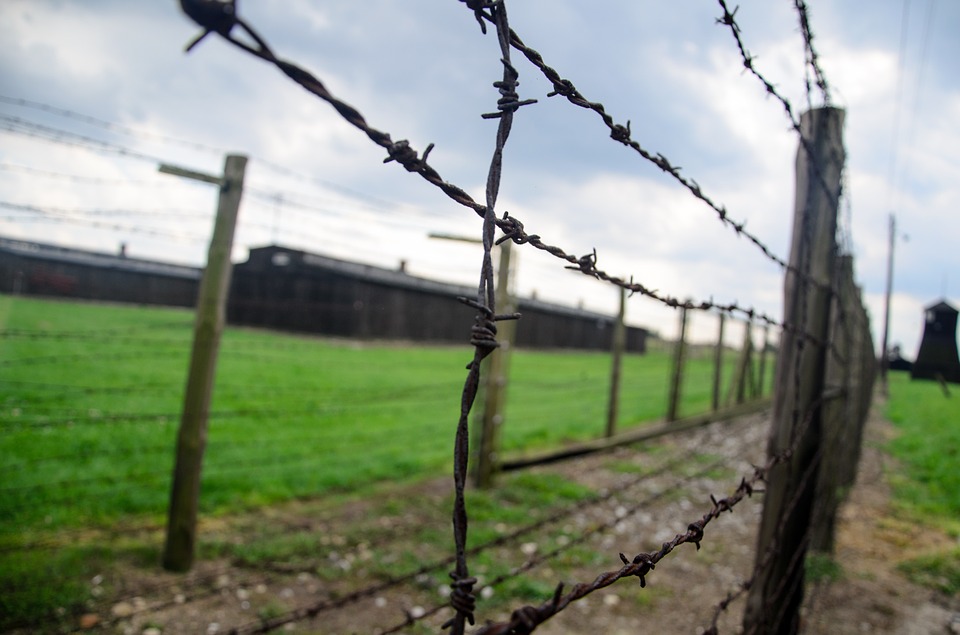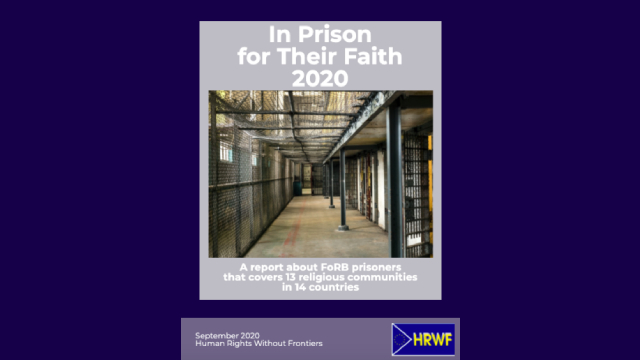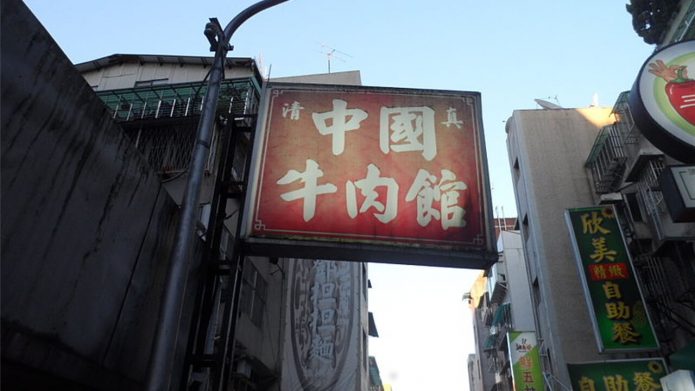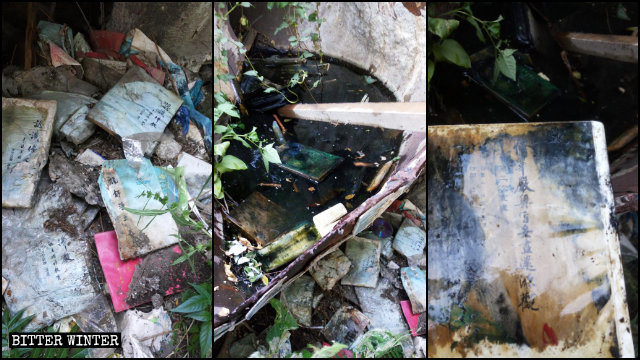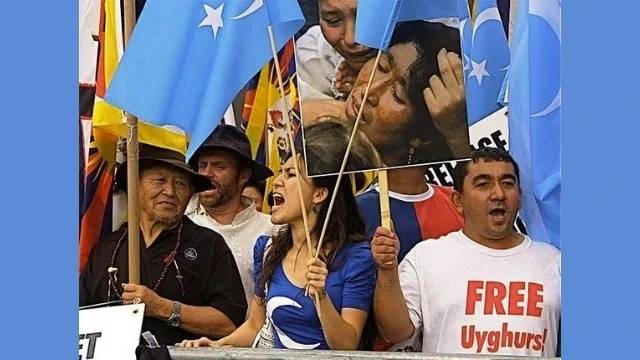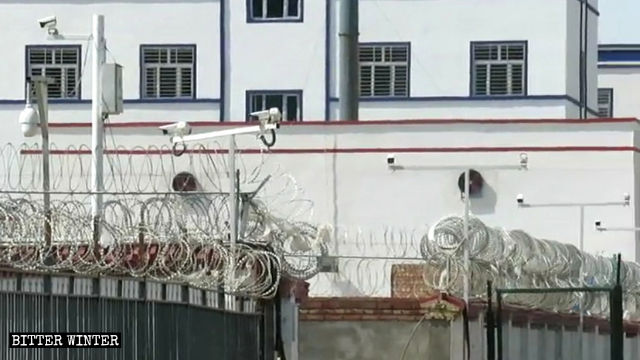
Anne Destiny 1 is one of the few Israelis actively campaigning against the persecution of ethnic Uyghurs in northwest China’s Xinjiang Uyghur Autonomous Region (XUAR) on Twitter. The social media activist, who asked to be identified only by her Twitter handle, said that the Israeli government should speak out against repression in the region, where authorities are believed to have held up to 1.8 million Uyghurs and other Muslim minorities in a vast network of internment camps since April 2017.
As more evidence about Beijing’s policies in the region raise the question of whether Chinese authorities may be committing a form of genocide as defined by the United Nations, Anne Destiny 1 said that Jews in Israel are increasingly concerned by the Uyghur situation, although they are wary of drawing comparisons to the atrocities of the holocaust in Nazi Germany. Anne Destiny 1 recently spoke with RFA’s Uyghur Service about the work she is doing to draw attention to rights abuses in the XUAR and how she believes the Israeli people can help pressure China to end its crackdown in the region.
RFA: When did you first learn about the plight of Uyghur people?
Anne: I had heard of the Uyghurs already maybe 20 years ago. I think it was in 2017 that I became aware of the atrocities that they endure. It was only in the last three years that I’ve actually known about their sufferings.
RFA: What was your reaction after you heard of what was happening to the Uyghur people?
Anne: I must say I was shocked because I actually heard it from a Uyghur friend that we got to know in Europe. So, it immediately became very personal. It was a shock. We got the message that his parents had gone missing.
RFA: As an Israeli, what made you speak out on the Uyghur issue?
Anne: I think it’s just kind of a conviction that this is something that has to be spoken of. We can’t just sit quietly and watch this happen. So, I thought about what I can do as an individual is to get on Twitter and try to inform other Israelis, but also anybody who’s interested. So, I started posting Uyghur related news since 2018, because I felt the need for information.
RFA: What sort of activism has taken place in Israel so far?
Anne: In Israel, they are taking part in Friday protests outside the Chinese Embassy in Tel Aviv … And also, in the last couple of years there have been university lecturers speaking not only about Uyghur culture but also about what is happening to the Uyghurs and the persecution that they are currently facing inside XUAR.
RFA: China is one of Israel’s largest trading partners and sources of foreign investment, alongside the United States and Europe. Under these circumstances, what is Israel’s position towards the current ongoing Uyghur crisis?
Anne: So far Israel hasn’t made any official statements about the Uyghur crisis. It has not shown any support, but neither has it condemned it. But I do believe this can also change because I think on a personal and grassroots level, we can effect change.
RFA: Why is the Israeli government’s response towards the ongoing humanitarian crisis so important?
Anne: I do think that one of the aspects is that Israel being a nation that was established after the Holocaust, it has affected this nation. We are very sensitive to others when we … see genocide happening elsewhere in the world, and do not want to stay silent. And Jewish people vowed that the Holocaust should never happen again. I’m actually really pleased to see that people are really waking up to what is happening to the Uyghurs.
Drawing comparisons
RFA: Most of us, especially in the Jewish community, won’t compare any current atrocities to the Holocaust due to the idea that comparisons like these make light of the annihilation of the Jewish people. But there are voices emerging now that when it comes to the Uyghur crisis, there is no alternative but to compare the two because there are many echoes of the past. In your opinion is there any similarities between what had happened to the Jews and what is currently happening to the Uyghurs?
Anne: Well, there are definitely many similarities and the scale of the dehumanization is the most obvious thing. Putting people in camps with poor conditions. I actually had a talk with follow activists from the Jewish advocacy for Uyghurs about how they view this. The Holocaust is such a sensitive thing in the Jewish state, and this is actually quite shocking for them to see something similar that resembles the Holocaust is happening again.
The Jews are kind of divided about the use of the word Holocaust … But then again, comparing the two, [Uyghurs and Jews] I think we definitely need to compare, because this is almost like a genocide in the making.
So, I think the Jewish people are starting to compare what is happening to the Uyghurs with the Holocaust. They may not use the actual name Holocaust, because for them it is a kind of reference to what happened to their families in the 40s. But … the Jewish people definitely do not want to see the same happen to the Uyghurs. So, they want to prevent it from happening.
RFA: Why are world leaders so reluctant to call the Uyghur crisis a genocide?
Anne: I think is that this is already meeting some the U.N. characteristics for genocide. So, I think if we acknowledge it as genocide it will actually force world leaders to act.
RFA: There was an article written by young Jewish student in America, in which he urged the Jewish community, especially young Jews, to speak out against the Uyghur crisis. What can young Jews and Israelis do to force China to stop its abuses against the Uyghurs?
Anne: I think young people can be very active in just influencing their own community, colleges, and universities. And I notice many young people acting on social media … I can see that the third generation of Jews whose grandparents are Holocaust survivors, they have this inbuilt ability to empathize with people when they hear what they’re going through.
What is happening to the Uyghurs is already on such a level that even young people feel that the comparison to the Holocaust can be made and they feel they need to shout louder than ever that we should never let this happen again.
Reported and translated by Shahrezad Ghayrat for RFA’s Uyghur Service.
Source: Copyright © 1998-2016, RFA. Used with the permission of Radio Free Asia, 2025 M St. NW, Suite 300, Washington DC 20036. https://www.rfa.org.



